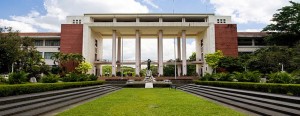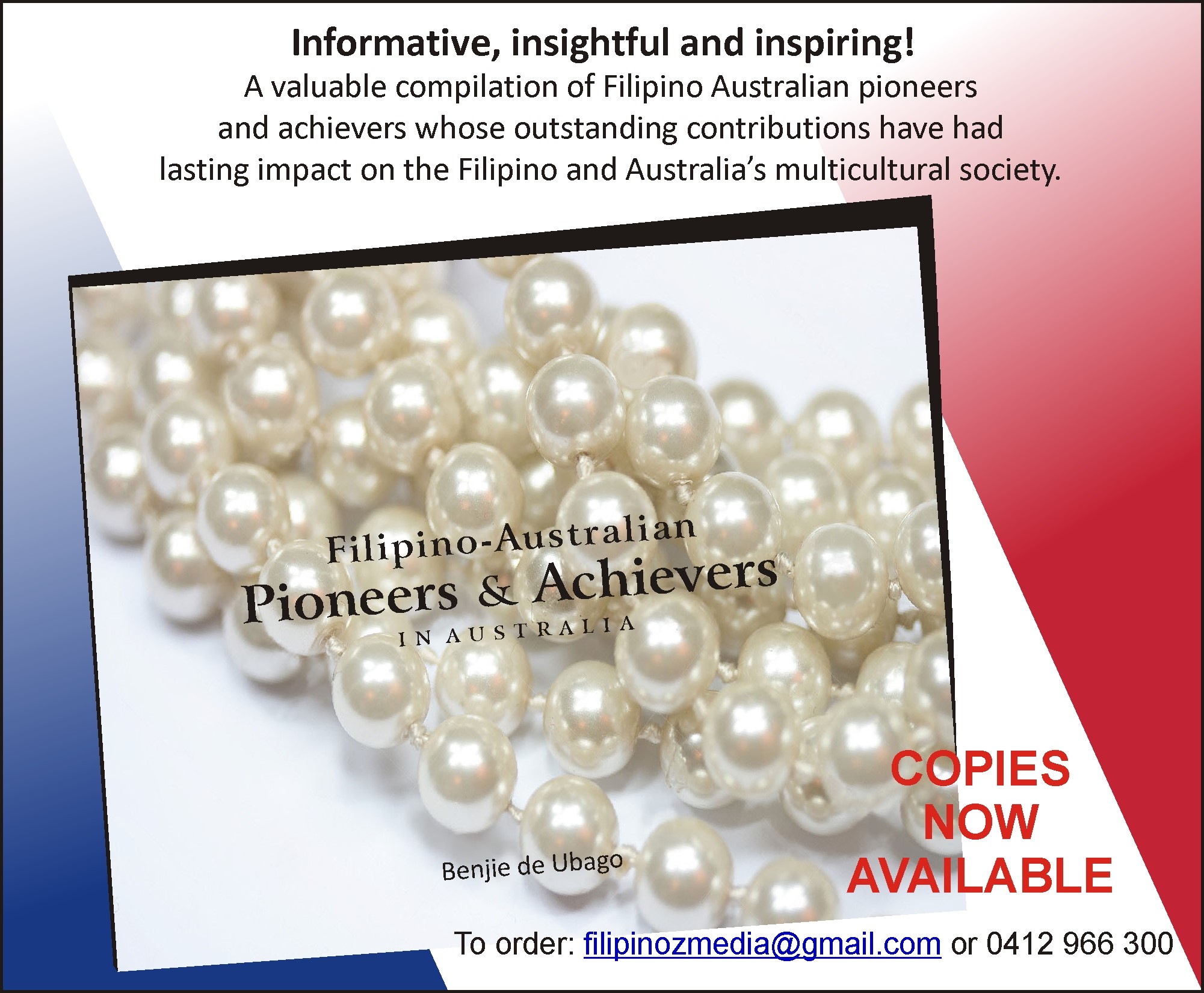
MANILA, Philippines – Greater collaboration between colleges and universities will make new ideas being developed to reach more people and eventually turning innovation to produce profit, a researcher and a member of the New Zealand private sector, said on Friday.
During the APEC Business Advisory Council’s (ABAC) special session entitled “Dialogue with APEC Voices of the Future Delegates”, the issue of getting accessed to research output and innovation was raised.
ABAC was asked to recommend specific initiatives that colleges and universities should undertake to facilitate the development of a young population who can contribute greatly to innovation in the Asia Pacific region.
As a response, Anthony Nowell, a research leader from New Zealand, said the key is forging collaboration between academic institutions involved in research with the government acting as regulator.
“I think that the word collaboration is a very important word when it comes to getting the best innovation, what is out there at the moment,” Nowell told the delegates that are mostly composed of young people from different APEC economies.
“We don’t see quite enough frankly. We talk about institutions, thousands of institutions around the world because the founding mechanisms institutions have tend to be competitive.”
However, these academic institutions do not usually share their ideas and Nowell said he believes giving governments authority to facilitate much more collaboration between institutions and get the ideas flowing across the border would be a great help.
He also said that this collaboration must not be limited by boundaries or borders, adding ideas should flow freely whether these are national or internal borders.
For instance, in the Philippines, there must be tie ups between UP and Ateneo, he said.
“How do you get the innovation flow occurring? That is a very important issue to my mind,” he said.
Although there are many people who have bright ideas, their research outputs are often left sitting on library shelves without seeing the light of the day, he said, noting this is actually the real problem.
Also, Nowell raised the issue on inaccessible big data that could aid people to innovate.
There is a huge amount of data coming out of researchers that is not being accessed or used, he said.
“I think once again, finding the right mechanism to get access to big data is going to open up a whole new world of innovative ideas from the work that has been done before,” Nowell said.
ABAC has hosted the dialogue with young people from across different APEC economies to prepare them to become future leaders and innovators in the region in the coming years.











Leave a Reply